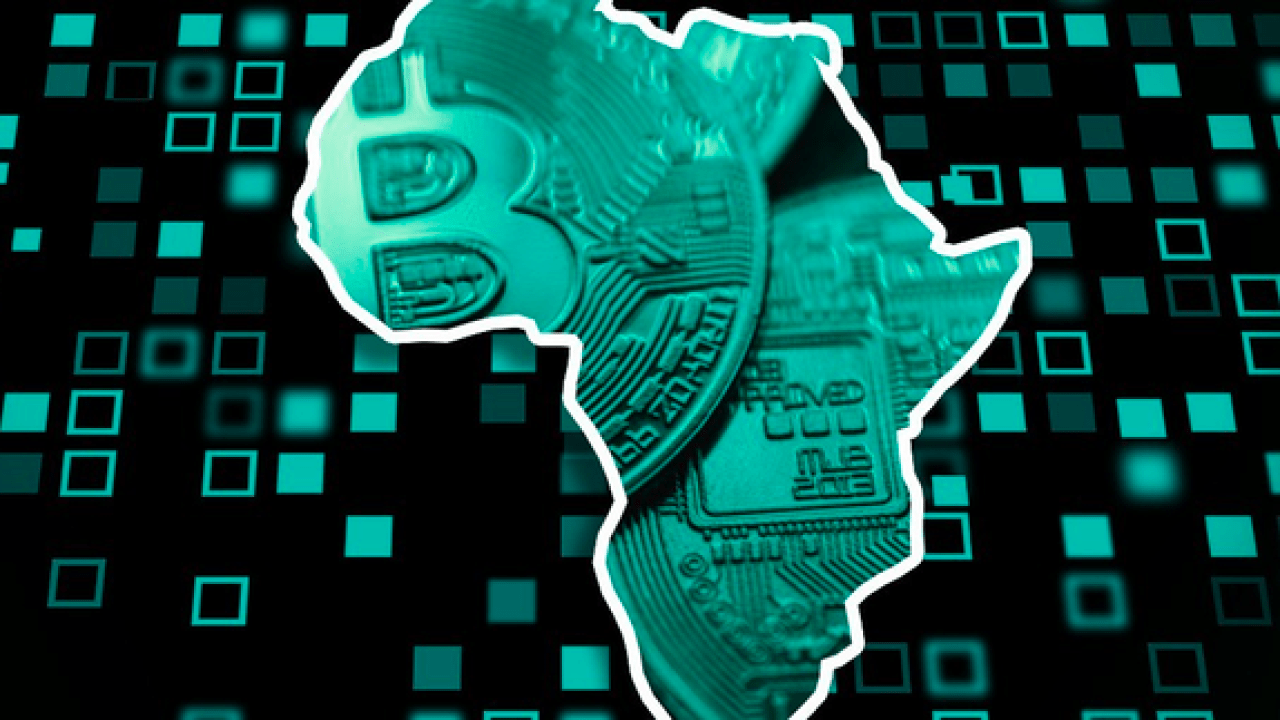What African Blockchain Startups must Know after FTX Collapse

Historically, cryptocurrencies have provided a form of cover for Africans. The World Bank estimated that between September 2016 and September 2017, South Sudan’s inflation rate was 102%. Other nations experiencing inflation rates in the double digits include Ghana, Malawi, Mozambique, Nigeria, Zambia, and Zimbabwe. It comes as no surprise that some of these nations became Africa’s largest Bitcoin economies accounting for most of the African blockchain startups. According to Gobitcoin.io, Botswana, Ghana, Kenya, Nigeria, South Africa, and Zimbabwe are the primary Bitcoin countries in the continent.
Some Zimbabweans turned to Bitcoin as the country’s inflation soared in 2015 and the government was forced to print $100 trillion notes, each of which was only worth $40. In contrast to their local currencies, which are afflicted by hyperinflation, Zimbabweans were more opened to Bitcoin transactions.
Several African apex banks have adopted varying perspectives on cryptocurrencies, but their views haven’t truly stopped the adoption of cryptocurrencies or the development and growth of blockchain firms in the region. Luno Exchange, a South African company founded in 2013 became the first company to have its headquarters in Africa. It currently boasts of over 10 million users in over 40 countries globally.
In Africa, a number of regional blockchain powerhouses have emerged over time, positioning themselves as advocates of the technology. However this sad tale of FTX and its ripple effects on African blockchain startups blurred the crypto narrative in Africa. As startups try to curb the devastating financial effects of the FTX crisis, they should not also fail to pick some moral lessons.
Let me tell you an FTX story
Tokens are frequently issued by crypto companies to increase revenue by giving buyers trading discounts and to allow founders and early investors a means to wager on the success of the issuer. Investors anticipate that the tokens will be actively traded and not under the issuer’s direct control.
According to former FTX Chief Executive Sam Bankman-Fried, when cryptocurrency exchange FTX was having trouble raising money early last month, it seized billions of dollars’ worth of collateral from its trading arm, Alameda Research, and used it to try to reassure investors of its financial stability.
However, a lot of stuff didn’t add up. The majority of the assets were held by Alameda and included four seldom traded crypto coins linked to Mr. Bankman-Fried and FTX staff. The tokens were likely worth far less than the $6.4 billion marked on the balance sheet FTX was shopping to investors in the hope of a bailout, according to market data and crypto researchers.
The worth of these tokens had already been questioned by some investors. One’s market value peaked at $127 billion, but only a small portion of it was actually up for grabs. The value FTX assigned to the tokens on its balance sheet was significantly higher than the total number of tokens in circulation. The following day, FTX filed for bankruptcy since no investor stepped forward to save it.
Manipulated Valuations
Venture Capitalists look at a startups’ valuation from the perspective of a venture capitalist — and that’s a perspective that focuses on making money. Businesses that are not making so much profit now confront a very different climate than they did a year ago due to the rising cost of venture funding as a result of inflation. Startups in Africa, especially those connected to FTX, will be tempted to commit financial fraud, tax evasion, and account manipulation in order to look valuable and attract funding.
Startups are currently reducing expenses by terminating staff and raising money before the funding source runs dry. The reasons offered by these companies usually point towards an effort to increase the runway they have as they could not sustain the number of employees available. While this may add to the case of unemployment in Africa, it is a justifiable profit retention procedure when compared to manipulating valuations to attract funding to stay afloat.
Some analysts suggest that the real pain is yet to come as the tightening cycle is expected to continue as inflation that was expected to be transitory has stayed around far longer than expected. African blockchain startups can focus on becoming self-sustaining and profitable to survive.
